Voters for Obama petitioning superdelegates
By Erik Ose and Dana Lumsden
After showdowns in Texas and Ohio failed to wrap up the race, Sen. Barack Obama (D-IL) and Sen. Hillary Rodham Clinton (D-N.Y.) remain locked in battle for the 2008 Democratic presidential nomination.
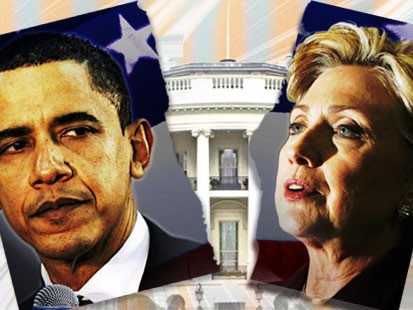
The delegate count between them is close enough to suggest the 796 superdelegates to the Democratic National Convention may tip the balance. The rules say these Democratic elected officials and other party leaders can choose whomever they want, regardless of how their states or districts voted.

Clinton leads Obama in the superdelegate chase. According to the Associated Press, 247 have endorsed Clinton versus 211 for Obama.
There has been a huge backlash among rank-and-file Democrats over the role superdelegates might play in deciding the nomination. Especially since the voters seem to be speaking loud and clear.

Votes have already been cast in 42 of 50 states. Obama is ahead by over 700,000 in the popular vote, and has won far more contests than Clinton. He also leads Clinton in delegates won in primaries or caucuses, currently by a margin of 1368-1226, out of a total 2,025 needed to win.

Obama's appeal among independent voters makes him a strong general election candidate. The excitement surrounding his candidacy has expanded the Democratic electorate throughout the primary season. And Obama is bringing a wave of young people into the political process that will give the Democratic party a huge boost for the future.
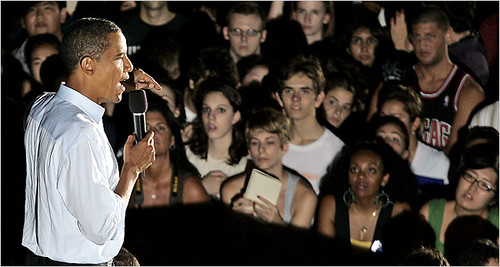
But if Clinton is nominated, many observers feel the race will be too close to call against Republican nominee John McCain.

Since President's Day, a coalition of voters based in North Carolina has been calling for Democratic elected officials and other superdelegates to support Barack Obama. We are gathering signatures in congressional districts across the state. So far, 1000 voters have signed petitions asking three N.C. superdelegates to back Obama - Democratic Reps. David Price and Brad Miller, and Gov. Mike Easley.

Our website, www.votersforobama.com, has drawn nationwide traffic and sparked petition drives to superdelegates in three other states.
Drawing on the work done by independent researchers like Democratic Convention Watch and the Superdelegate Transparency Project, the site contains everything voters need to contact superdelegates near them.
There is an easy to use, state-by state list that shows who is for Obama, Clinton, or is still undecided, and how to reach them by phone or e-mail. Tools include petition forms that can be printed and addressed to individual superdelegates.

We organized in North Carolina because all our congressional Democrats originally backed former Sen. John Edwards. When Edwards exited the presidential race, most had yet to endorse another candidate.
Ironically, the elected official we petitioned first is Rep. David Price, the sitting member of Congress most responsible for the existence of superdelegates within the Democratic Party. Price served as staff director on the Democratic Commission on Presidential Nominations, the 1982 commission led by former N.C. Governor Jim Hunt that set up the superdelegate system.
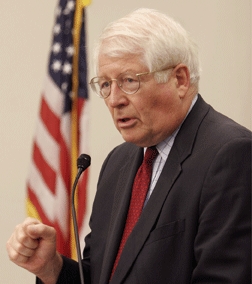
The last time these party insiders mattered was in 1984. Walter Mondale failed to win enough delegates to put him over the top in his campaign for the Democratic nomination, but still beat Gary Hart with an assist from the superdelegates. Mondale lost the general election to Ronald Reagan that fall in a 49-state landslide.
Twenty-four years later, times have changed. The Democratic Party establishment is split between Obama and Clinton, unlike when the vast majority backed Mondale. Now Mondale himself is a superdelegate and this year supports Clinton.

In 1984, Gary and his wife Lee Hart sat around their kitchen table dialing superdelegates, trying to win their votes. Today, the internet has made it possible for ordinary citizens to share information and organize from coast to coast.
As a result, the superdelegates are facing unprecedented scrutiny from Democratic voters and activists. MoveOn.org organized an on-line petition asking them to respect the will of the voters, and 400,000 people signed on. The San Francisco-based group Color Of Change has an e-mail campaign urging Congressional Black Caucus members to endorse according to how their districts voted.
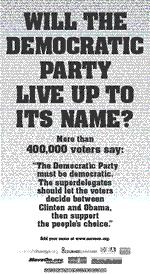
About 50 superdelegates who were previously undecided have declared for Obama over the past month, while Clinton's support has stagnated. Some, like Rep. John Lewis of Georgia, have abandoned Clinton for Obama.
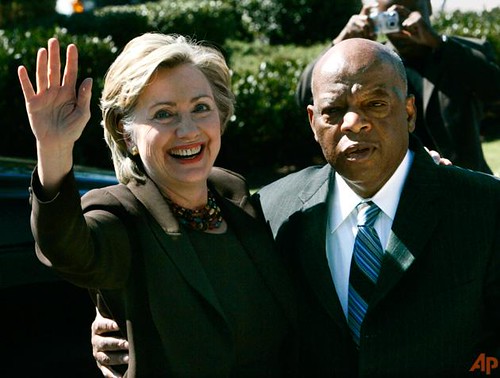
Many superdelegates are politicians, and they pay attention to the citizens who elect them. Cincinnati Mayor Mark Mallory announced his support for Obama on Feb. 25 as a superdelegate from Ohio.
"[I] got lots of calls and e-mails, mostly telling me to support Obama," said Mallory. "I got three or four calls in support of Clinton, but it was very lopsided."
Take five minutes and use the tools on our website to call or e-mail an undecided superdelegate in your state.
If the superdelegates hold the key to the nomination, we the voters can take action to help determine the outcome.
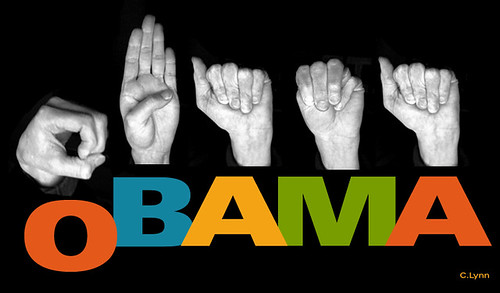
(Erik Ose and Dana Lumsden are Democrats from North Carolina and two of the co-organizers of Voters for Obama.)
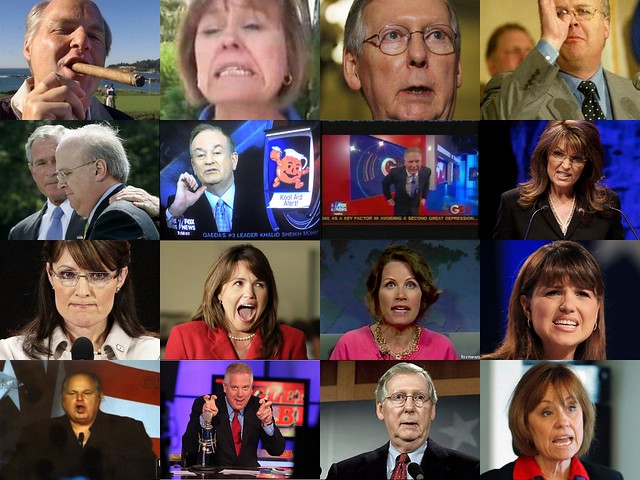
1 comment:
While I support the actions you recommend, I doubt that the remaining superdelegates are going to need that much persuasion.
The conventional wisdom is that superdelegates are establishment figures, and Hillary is an establishment figure, and therefore their natural inclination is to support her. But that's completely wrong. Nearly all her superdelegate support was garnered when she was viewed as the "inevitable" nominee, and the earlier you got on the train, the better seat you were going to get. Since it became clear it was a contest, almost all of the superdelegates have gone for Obama.
The superdelegates are by and large elected officials, and their foremost concern is the effect the top of the ticket will have on their own races. Obama brings out heretofore alienated and apathetic independents to vote Democratic. Hillary brings out currently alienated Republicans to vote Republican. It's a no-brainer.
Gregg Gordon
Columbus, Ohio
Post a Comment